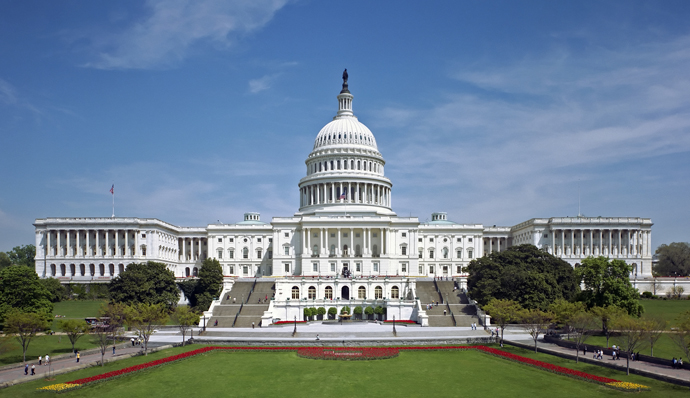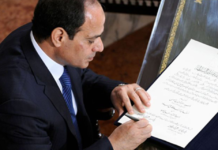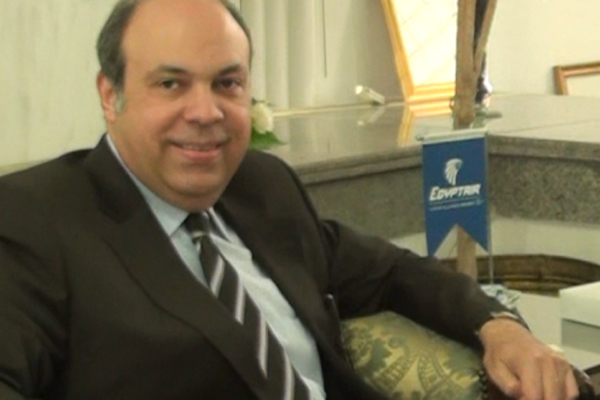Where will justice stand in the US Congress battle between ‘insuring domestic tranquility & providing for national security’ against ‘insuring the blessings of liberty?’
Edward J. Snowden’s disclosures about how the National Security Agency had cozied up to some tech companies and hacked others to gain user data reverberated worldwide. The disclosures included revelations of a comprehensive, decade-long Central Intelligence Agency (CIA) programme to compromise Apple’s products. CIA analysts tampered with the products so the government could collect app makers’ data. In other cases, the agency was embedding spy tools in Apple’s hardware, and even modifying an Apple software update that allowed government analysts to record every keystroke.
Alarmed Apple customers opted Apple to fortify its stance on privacy. Apple’s eighth mobile operating system, iOS8, which rolled out in September 2014, made it basically impossible for the company’s engineers to extract any data from mobile phones and tablets. For officials at the world’s law enforcement agencies, the new software was a clear signal that Apple is pitching towards maintaining its Guru stand in the market. A month after iOS8’s release, James Comey, Director of the Federal Bureau of Investigation (FBI) told an audience at the Brooking Institution, that Apple had gone “too far” with the expanded encryption, arguing that the operating system effectively sealed off any chance of tracking kidnappers, terrorists and criminals. Government agencies began to press Apple and other tech companies for so-called back doors that could bypass strong security measures. With tensions rising, some form of technical compromise, whether in the form of a chip, a back door or a key, was in discussion over 2015.
Apple continues to work with investigators and comply with court orders. In previous years, Apple required that law enforcement officials physically travel to the company’s headquarters, where an Apple engineer would work on the phones inside Faraday bags, which block wireless signals, during the process of data extraction, and regardless of the effort involved in this process, government officials were not thrilled and did not necessarily have confidence or wish to share their findings with Apple’s engineers. After December’s San Bernardino attack, Apple worked with the FBI to gather data that had been backed up to the cloud from a work iPhone issued to one of the assailants, according to court filings. When investigators also wanted unspecified information on the phone that had not been backed up, the judge granted the order requiring Apple to create a special tool to help investigators more easily crack the phone’s pass-code and get into the device.
Apple had asked the FBI to issue its application for the tool under seal. But the government made it public, prompting Apple to respond by building tools for the government that weaken security. Yet, Apple stated that it still stands by the company’s longstanding plans to encrypt everything stored on Apple’s myriad devices, services and in the cloud, where the bulk of data is still stored unencrypted. “We are in for an arms race unless and until Congress decides to clarify who has what obligations in situations like this,” said Benjamin Wittes, a senior fellow at the Brookings Institution. Companies have always searched for software bugs and patched holes to keep their code secure from hackers. But since the revelations of government surveillance made by Snowden, companies have been retooling their products to protect against government intrusion. Apple engineers have begun developing new security measures that would make it impossible for the government to break into a locked iPhone, as per Apple sources. If Apple succeeds in upgrading its security, and experts say it almost surely will, the company will create a significant technical challenge for law enforcement agencies, even if the Obama administration wins its fight over access to data stored on an iPhone used by one of the killers in last year’s San Bernardino, California, rampage. If the FBI wanted to get into a phone in the future, it would need a new way to do so. That would most likely prompt a new cycle of court fights and, yet again, more technical fixes by Apple.
For Apple, security is a global marketing strategy. New security measures will help the company to reassure its customers that their private lives are secured, and reassure investors that Apple will stay at the lead of the Smart phones market. On the other hand, the Obama administration regards their prime access to data when needed, as part of the country’s national security. Both need framework of understanding for a win-win relationship and it lies upon the Congress to formulate it; a relationship that is transparent and constitutional.














